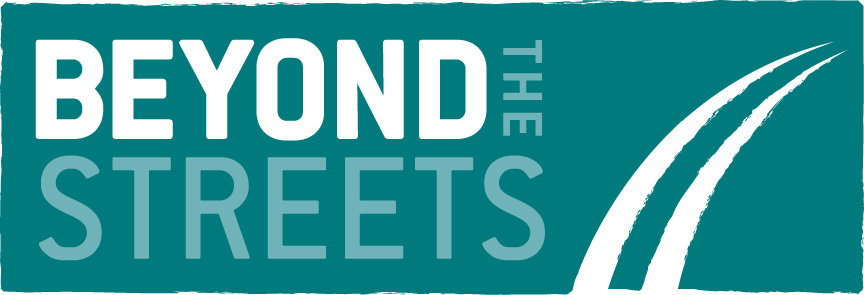It is hard to know exactly how many people are sexually exploited in the UK, as this is a difficult area to research with accuracy (see University of Bristol research into prevalence). Exploitation, however, happens within street prostitution, massage parlours, brothels, saunas, sex tourism, international/domestic trafficking and pornography, and therefore in some aspect affects every town and city across the UK.
What we do know is that the sex industry is a conducive context for harm, violence and exploitation of women.

The context
As the recent research commissioned by the Home Office demonstrated, there is great complexity and diversity regarding the sex industry in England and Wales today. We need to be cautious in making any generalised claims on this issue.
However, there is wide consensus that those who sell sex should not be criminalised (i.e. fined, arrested or imprisoned) but there is strong disagreement about whether the purchase of sex should be criminalised, entirely decriminalised or regulated. This debate can be very polarised, and Beyond the Streets seeks to find a nuanced position, based on research and directly speaking to women with lived experience, especially those who have been harmed or experienced abuse or sexual exploitation within the sex industry, in all its varied forms.
The UK public’s understanding of those selling sex is often disrespectful and judgmental, with many people not looking beyond the label of ‘prostitutes’ and ‘sex workers’. There is often an additional label of ‘public nuisance’ which shows a lack of understand of the complexity of the issues. Selling sex is commonly viewed as a ‘choice’ that women have made, when in actuality there are multiple factors that impact on entry into the sex industry:
‘a substantial proportion of individuals (mainly women and transwomen) are selling sex to get by financially, given different constraints in their lives around caring responsibilities, physical and mental health, lack of access to social security benefits and support services, workplace discrimination, or other reasons. Their situation is compounded by stigma and managing safety, and many find that the longer they sell sex, the harder it can be to leave completely. This moves beyond individual ‘choosing or ‘not choosing’ and recognises the structural economic and social context in which choices are narrowed: or in the case of those coerced in to selling sex, choices removed’ (Hester et al, 2019)
The gendered nature of the sex industry is also not in doubt. The vast majority of those buying sex are male (though not all), and those selling sex are disproportionately female. Similarly, the levels of violence experienced by women involved in the sex industry are well documented.
It’s clear from this that being involved in prostitution is not all about sex. It is often about inequality, lack of opportunities, poverty, homelessness, drugs/alcohol use, abuse of vulnerability and abuse of power.
Many women we speak to feel constrained as there seems to be ‘no way out’. They often feel trapped in a dangerous, debilitating and exploitative situation. Being exposed at a young age, or due to poverty, marginalisation or other vulnerabilities, women exchange sexual services for survival as they need money, shelter or food to live. Many women have no accommodation, have lost their self-worth, or may have addiction or mental health difficulties. Often a number of these difficulties are faced at once. It doesn’t take much to see why women feel they have no option but to continue selling sex acts, even when they would prefer to do something else or they don’t want to.
Our vision for change
Beyond the Streets is working to change this. We believe that sexual exploitation is a form of violence against women and girls. Viewing it as such ensures that the gendered nature of prostitution is problematised and that action can be taken to address the economic and social inequalities that underpin the constraints women face. It also prompts further interrogation of the possibility that harm is at some level inherent to prostitution.
The reality is that many women experience multiple forms of violence and abuse during their lifetimes, as a direct result of involvement in the sex industry and outside of that context. On this basis, it is imperative that resources are put in place to ensure that provision of specialist support is available, including safety planning and support to find routes out, if they want.
Including prostitution within the definition of ‘violence against women and girls’ however, must not lead to increased police raids and enforcement crackdowns on areas where street-based prostitution takes place. Such a response serves only to further criminalise women selling sex and, rather than tackle the violence they are facing, can increase their vulnerability and create additional barriers to accessing support services and exiting the sex industry (Harvey, 2017)
We think that support needs to be tailored in a number of ways, to fully meet the needs of women who are selling sex. Support should be:
Beyond the Streets is committed to standing alongside women who are experiencing sexual exploitation or are looking for routes out. We seek to empower her on her terms, with a listening and responsive approach.
